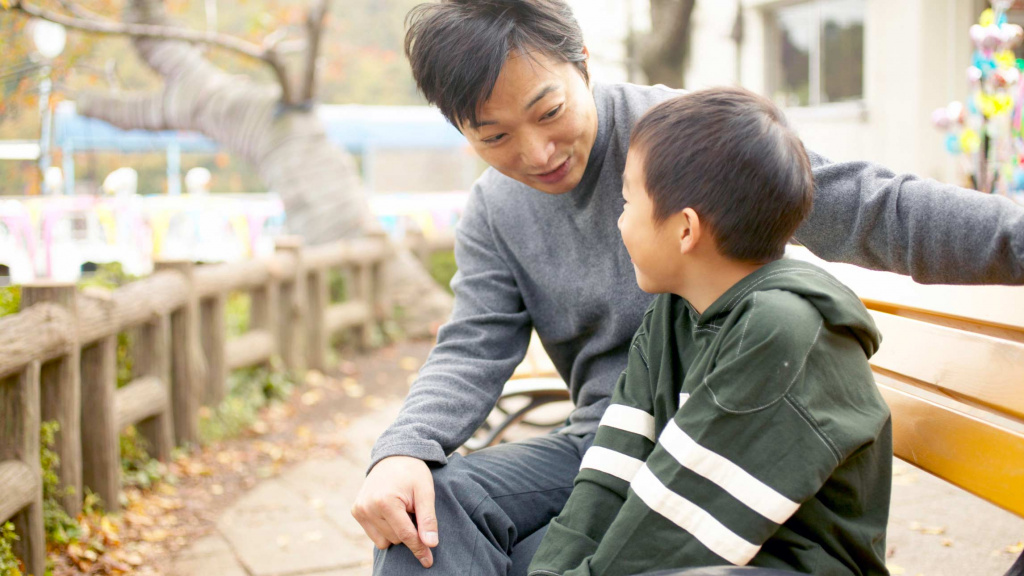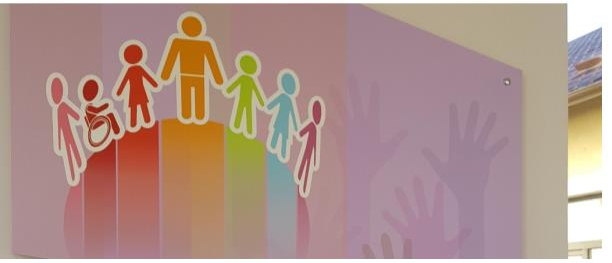
I was talking last week to a focused and dedicated group of Learning Behaviour Leads. Since the lockdowns, some children have not returned consistently to school. I asked the question ‘How are these children welcomed into school on the days that they do arrive?’ ‘What reasons do we give them to keep coming back?’ They gave me some excellent examples of nurturing practice.
Some leads visited children and families at home, others waited for them in the playgrounds so the children could be greeted by a consistent, friendly face. Others had interim welcome rooms, where children could settle before going into lessons, or were taken into lessons by a friendly face.
I then asked about the lessons themselves. Had the lessons been planned to help the child reintegrate or feel excited about the topic area? Did the teacher remember the skills and knowledge particular to the child and enable them to take the next precise step on their learning journey? Were there structured pair work or group activities to encourage the young person to learn collaboratively with their peers, rebuilding connections and being seen to be smart? One Learning Behaviour Lead sighed and said, ‘Sometimes I take them to a lesson, leave them there and just think ‘Good Luck’’.
This opens up the question of where inclusion happens. Welcoming a student into the school buildings is certainly part of the inclusion process, but to what extent is inclusion happening in the other spaces within school and the other core activities inherent to the school experience?
The Right to Participation is part of the UN Convention: Rights of the Child. This artwork illustrates this value, from The Lumos Foundation’s Inclusive Education Unit in Moldova:
